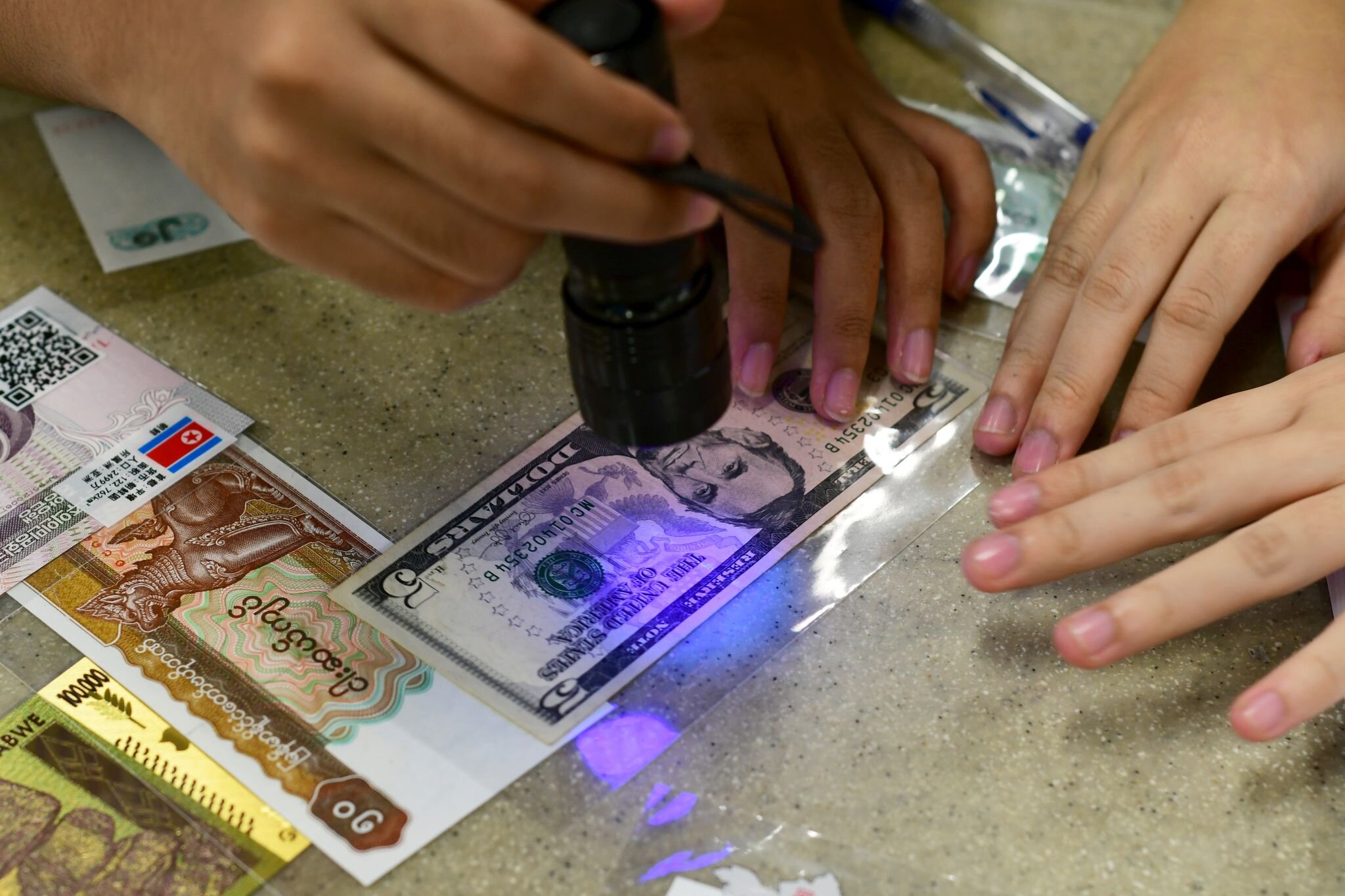Not too long ago, I was back in a classroom, teaching live.
Yes, everyone had masks on and inter-mingling wasn't "allowed", but it was miles better than running the class online.
I'm no fan of virtual versions of hands-on activities, because a lot of the learning points and, let's face it, fun, are in the unpredictability of what may happen and how your group members will react.
Dissecting a virtual mouse is nowhere near the learning experience of dissecting a real one (that has been humanely killed).
So, I'm glad to be back after so many months.
Based on what I heard, my students had a memorable learning experience.
And that’s what makes it all worth it.

